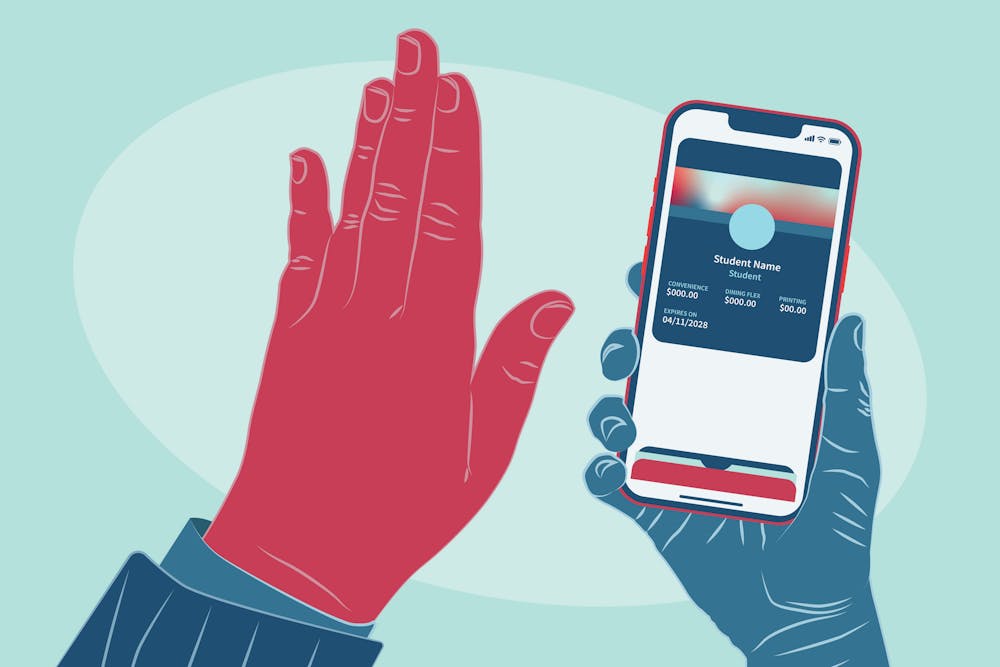On Thursday, a North Carolina judge denied the N.C. Republican Party and Republican National Committee’s joint request to prevent the UNC mobile One Card as a valid form of voter ID.
The complaint, which was filed on Sept. 12 against the North Carolina State Board of Elections, stated that North Carolina law prohibits using a photo ID on mobile devices when voting and the One Card is not a valid form of voter ID, since it is not a physical “card.”
It further alleged that allowing voters to use an electronically stored ID would make it easier for a user to commit fraud and potentially allow ineligible voters to vote.
The One Card has been an acceptable form of Voter ID since 2020, but until the decision on Aug. 20, only physical One Cards were accepted at polling places.
The Democratic National Committee and UNC’s Affirmative Action Coalition both also filed motions to intervene Monday.
“The State Board’s decision to allow UNC students to use our official university-issued digital IDs for voting simply recognizes the reality of how students live and operate today,” Alexander Denza, Affirmative Action Coalition and TransparUNCy executive member, said in a text statement. “This lawsuit by the Republican National Committee and North Carolina Republican Party is a thinly veiled attempt to make it harder for students to vote by eliminating a form of official ID that is ubiquitous on our campus.”
Martha Plaehn, a UNC junior and the co-campus coordinator for the North Carolina Public Interest Research Group New Voters Project, said having accessible identification options like the digital One Card makes it easier for students to vote.
Plaehn said as physical One Cards become antiquated, it is important for students and employees to have the option to use their mobile One Card, especially for people who do not have other forms of ID, like a driver’s license or a passport.
The One Card Office went through a long process to make the digital One Card a verifiable ID, meaning it would not lead to voter fraud any more than a physical One Card would, Plaehn added.



